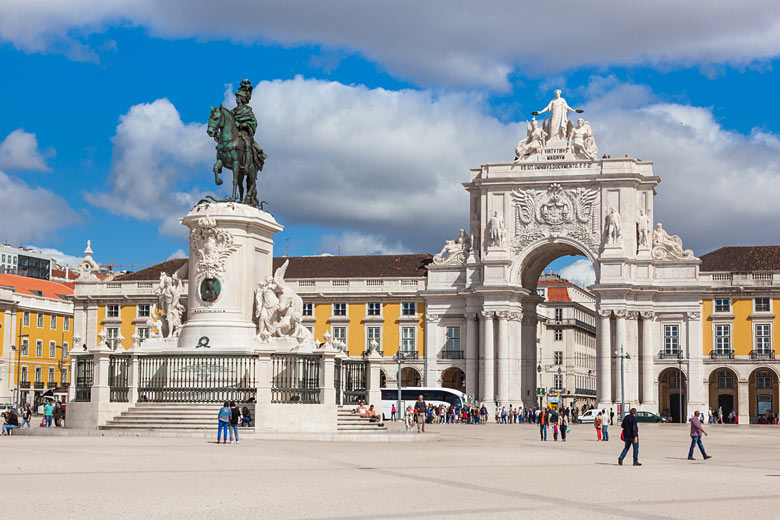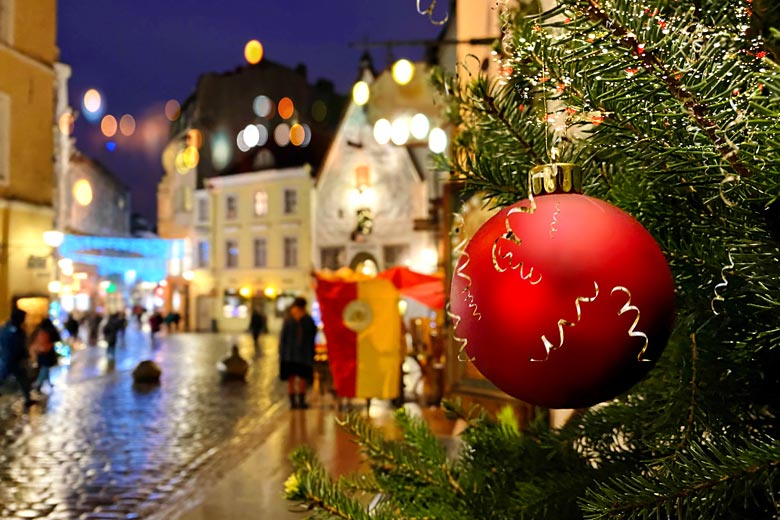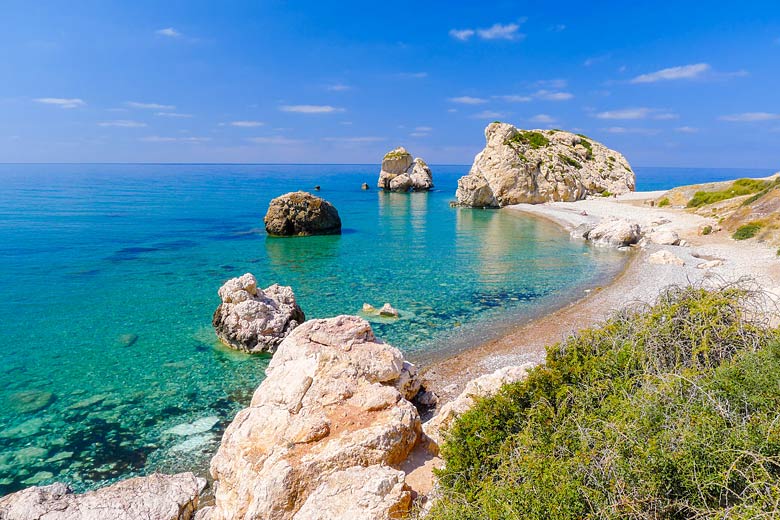Dubrovnik or Split: which of Croatia's leading cities should you visit first?
Croatia's biggest tourist draw or the country's second city? Between Dubrovnik and Split, which is better for a city break that combines some beach time, culture and island-hopping?
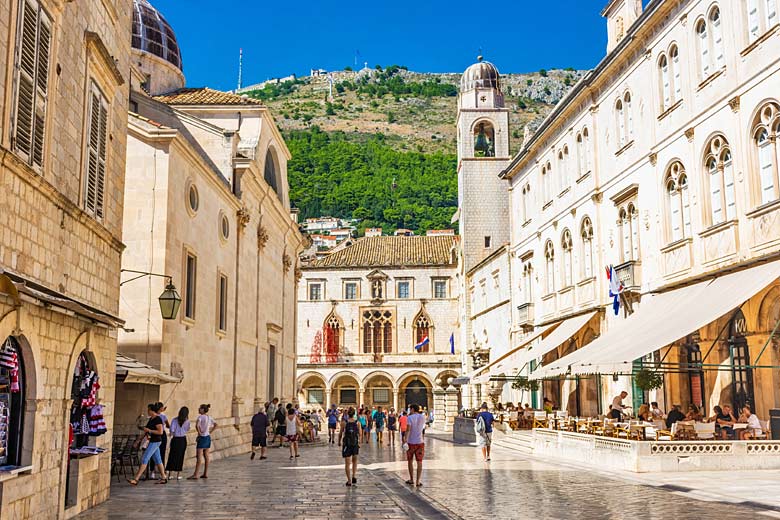
Dubrovnik's intense beauty will knock you sideways, while Split will entice you with its buzzing atmosphere and lively spirit. You could always cheat and visit both, but here we've come up with the highlights of these Croatian stars.
Getting to Croatia: TUI's cruise line Marella Cruises has a host of deals on itineraries* that include stops in Dubrovnik and Split in Croatia.
Historic sites
Dubrovnik's hulking walls are the city's most distinctive sight; a circular mile of thick stone fortifications that have been there since the Middle Ages and then expanded during the Renaissance.
A walk around the walls is a must; you get a cityscape like no other, with a sea of terracotta rooftops, views of the cathedral, Franciscan monastery, the deep blue of the Adriatic and the island of Lokrum beyond.
Game of Thrones fans will thrill at the sight of Minčeta Tower, the highest point in the walls. And once you're back in the centre of the old town, you'll soon lose yourself in the beauty of its marble lanes lined with Venetian-style stone houses with uniform green shutters.
Not to be outdone, Split manages to integrate the ruins of an ancient Roman palace into the heart of its old town. Stop for a coffee and you'll see graceful marble columns, arches and temples from Diocletian's Palace built during the 3rd and 4th centuries.
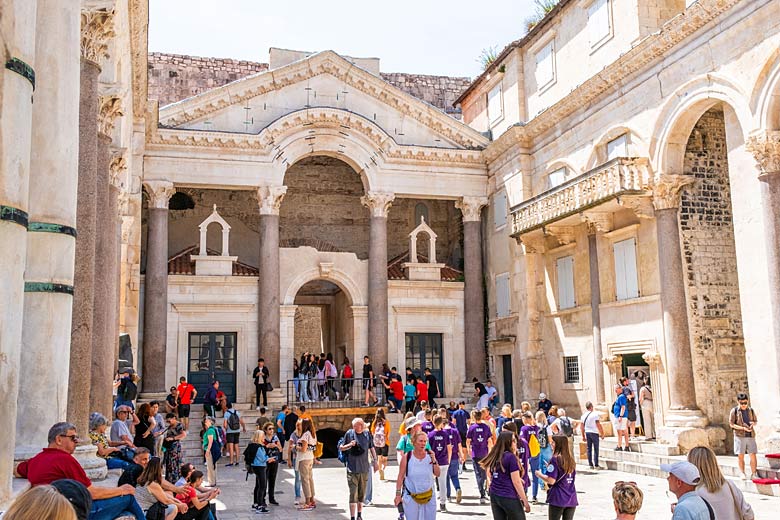
The ruins were colonised by residents centuries ago, and now are filled with cafés, restaurants, shops and apartments. Just north of the city are more echoes of Split's Roman past spread around the town of Solin, then known as Salona, with ruins dating from the 3rd century BCE.
Beaches
Dubrovnik* has plenty of places where you can dive into those gloriously clear waters of the Adriatic Sea. The most popular, and busiest, is Banje Beach just outside the old town by the southern Ploče Gate. But if you don't mind a bit of a trek, you can swim at the quieter beach of Sveti Jakov about a 20-minute walk further to the south.
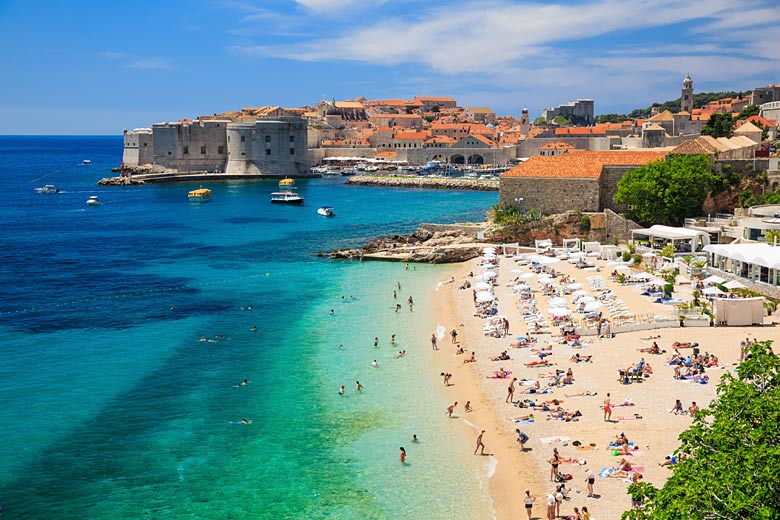
Check out the coves on the northern side of the old town beyond the Pile Gate, including cute little Šulić. The big beaches are on the peninsulas north of the old town, namely Lapad Bay and the beaches stretching across Babin Kuk. They're all pebbly, so bring some swimming shoes to make the most of them.
Split's beaches are just as spread out, although the city also has a buzzing beach right in its heart, Bačvice, which is close to the main ferry port. Like its near neighbour, the smaller and family-friendly Firule Beach, it's actually sandy, a rarity in a country known more for its pebbly and rocky beaches.
Head over to Marjan west of the old town and you'll have a few pebbly coves tucked beneath this hilly forested peninsula. Check out neighbours Ježinac and Kaštelet, or head further west to Kasjuni beneath dramatic limestone cliffs.
Island-hopping
So far, Dubrovnik and Split have been pretty neck and neck, but island-hopping is where they diverge a little. Dubrovnik is surrounded by islands, many of which people visit only on a day trip.
The easiest one to each is tiny Lokrum, a 15-minute boat ride from the old port. It doesn't allow overnight visitors, but it's a magical little place where peacocks strut past an old Benedictine monastery and people swim in rocky coves and a saltwater lagoon, as well as sit on the actual throne from Game of Thrones.
Just to the north are the Elaphiti Islands, of which only three are inhabited. Usually visited on a day trip, they're worth a more leisurely exploration if you really want to let yourself succumb to the deliciously lazy pace of Dalmatian life.
Car-free Koločep and Lopud, plus the larger but still laid-back Šipan, are idyllic spots for swimming, gorging on seafood and rambling through olive groves.
Further afield is the gorgeously green island of Mljet, where day-trippers come to hike, cycle and swim in Mljet National Park, but you really need at least a few days to get the best out of a visit to the island.
While Dubrovnik is slightly more geared towards being a base for island day trips, Split* is often seen as the jumping-off point for longer holidays on the main Dalmatian islands.
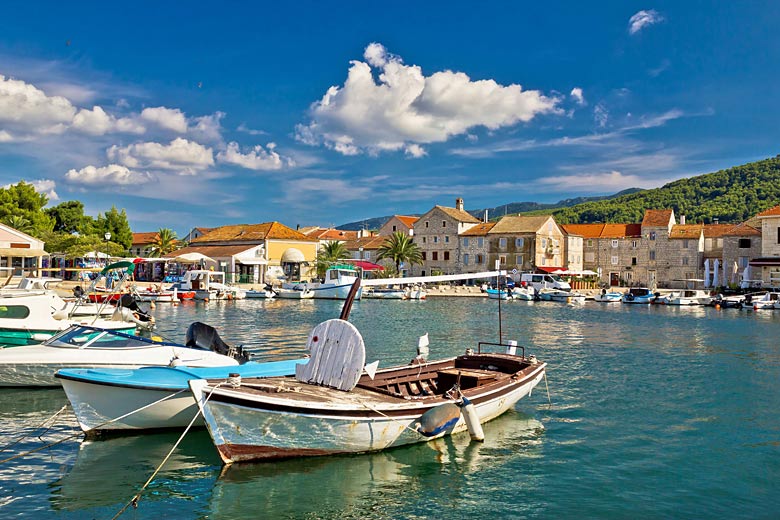
Croatia's most popular, Hvar, is a magnet not just for the party-goers who have turned Hvar Town into a version of Ibiza. Explore beyond to discover quieter but just as beautiful towns and villages including Stari Grad and Jelsa.
Hvar's neighbour Brač, the biggest island in Dalmatia, is remarkably untouristy (relatively speaking) in spite of being home to Croatia's most famous beach, the V-shaped Zlatni Rat that dangles off the southern coast by the town of Bol.
Go hiking on Vidova Gora, where you can get the best view from this peak, the highest in the islands.
The ferry from Split drops you off at Bol, as well as at Supetar on the northern coast, which is handy for the lovely village of Sutivan, and also at sailors' favourite Milna on the western side.
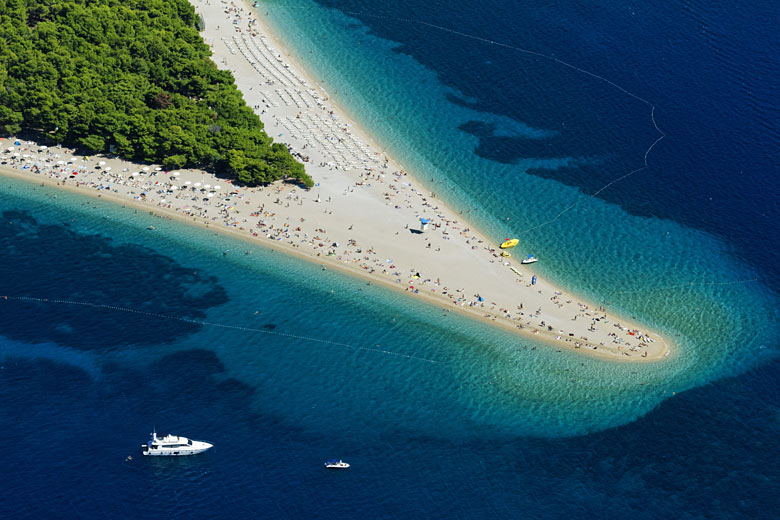
When you stroll along Split's Riva seafront promenade, you'll see the island of Šolta, which, oddly, is often overlooked by tourists despite being in full view. Take a day trip to the town of Rogač for a swim and lunch in one of the waterside restaurants.
You'll need more than a day to soak up the beauty of Vis, one of the furthest islands from Split. It's an even longer journey to reach the islands that make up the archipelago of Lastovo, all of which have been designated a nature park. This really is getting away from it all.
Then there's Korčula, which is accessible from both Split and Dubrovnik. Walled Korčula Town is almost like a mini Dubrovnik, but without the numbers that crowd into Dubrovnik's old town.
Compare weather
Use the graphs below to compare the weather in both destinations. Find out more about the climate in Dubrovnik and the climate in Split as well as conditions across the country in our complete guide to the climate in Croatia.
Dubrovnik vs Split
- Maximum daytime temperature
- Hours of sunshine
- Days with some rainfall
- Monthly rainfall
- Sea temperature
Maximum daytime temperature (°C)
Hours of sunshine per day
Days with some rainfall
Monthly rainfall (mm)
Sea temperature (°C)
Chosen your Croatian city? Check out the latest offers on itineraries with Marella Cruises, which regularly sails into both ports.
More about Croatia
- Overview
- Best time to visit
- Weather by month
- 5-day weather forecast
- Destinations
- Travel advice
- Deals & discounts
Croatia by month
Jan Feb Mar Apr May Jun Jul Aug Sep Oct Nov Dec
Explore holidays in the sun for less
- Beach holidays
- Family holidays
- City breaks
- Summer holidays
- Winter sun holidays
- Holiday offers
- Top travel brands
- Airlines & flights
- Discount hotels
- Airport parking deals
- TUI
- Jet2holidays
- easyJet holidays
- Love Holidays
- Black Friday sales
Airport parking
- Manchester Airport
- Stansted Airport
- Bristol Airport
- Luton Airport
- Birmingham Airport
- Edinburgh Airport
- Gatwick Airport
- Glasgow Airport
- Newcastle Airport
Airport lounges
- Manchester Airport
- Birmingham Airport
- Bristol Airport
- Edinburgh Airport
- Glasgow Airport
- Heathrow Airport
- Newcastle Airport
- Stansted Airport
- Gatwick Airport
Be inspired
Get your weekly fix of holiday inspiration from some of the world's best travel writers plus save on your next trip with the latest exclusive offers
We promise not to share your details











